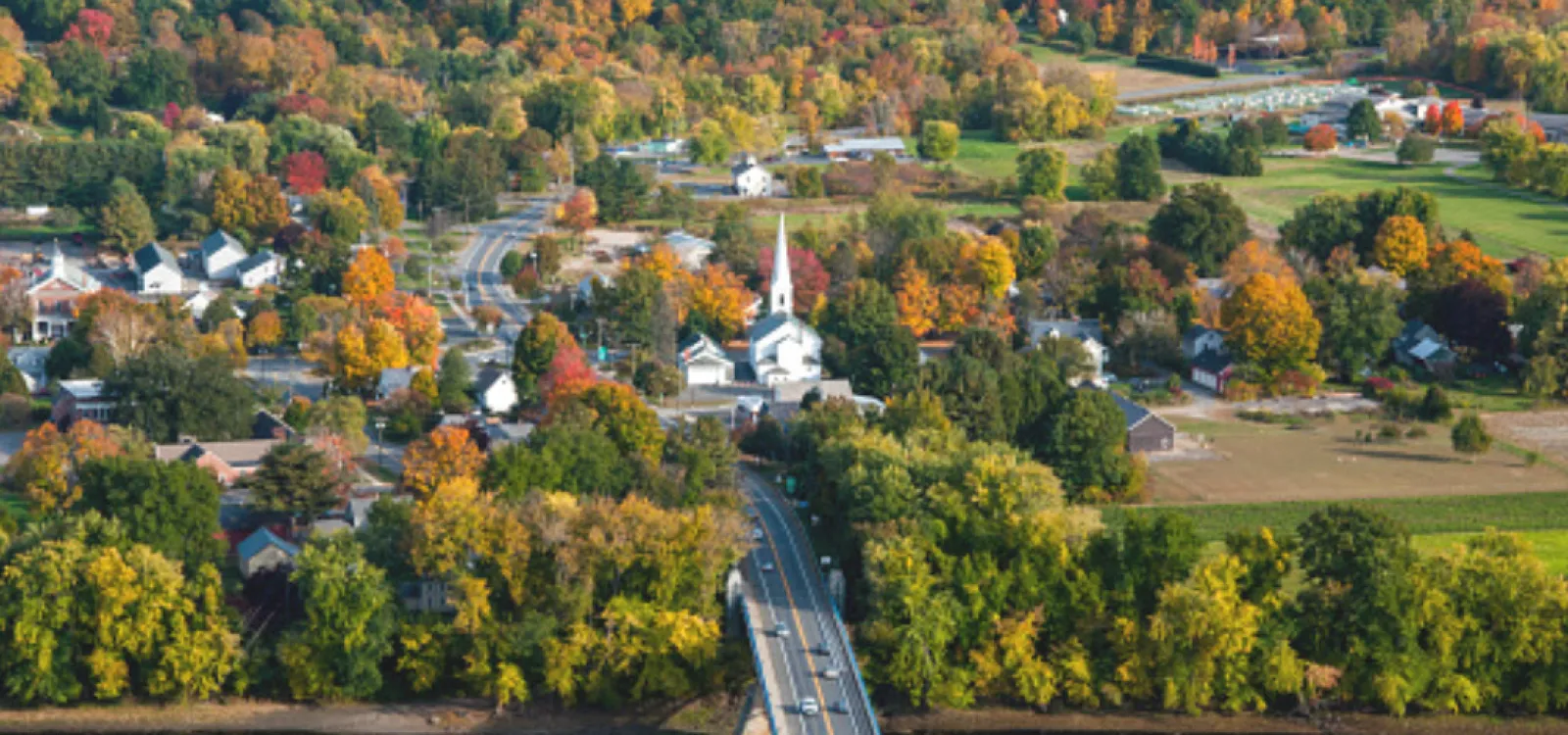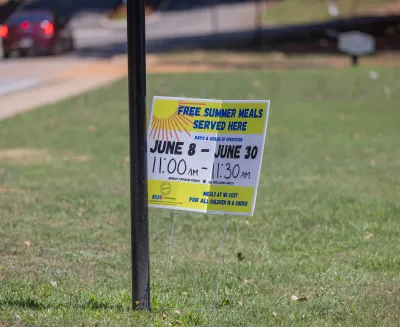Recent conditions have forced many people to work from home and their employers to accommodate. Based on the assumption this trend will continue, American homebuyers are flocking to small towns where real estate is much more affordable.
Prior to and even during the pandemic, as the CEO of Stablegold Hospitality, I continued to target small towns when searching for multiresidential properties to acquire. It made sense to do so as we were dealing with less competition from other buyers in these areas.
Nowadays, amidst a renewed interest in small towns, I'm often asked about whether I may rethink this geographic category. Although it's true more demand will likely drive up real estate prices in rural areas, I'm still a strong proponent of investing in them, especially for multiresidential properties. Here's why.
Shallow barriers to entry
Rising prices and competition among investors are usually the two main barriers to overcome while investing in any real estate market. Those barriers are much more shallow in rural areas.
Even during times of crisis, the urban core is heavily populated for obvious reasons. While there may be more people settling down in small towns than ever before, there will still be significant gaps between what urban versus rural areas offer — gaps in services, labor supply, transportation, retail, etc. Consequently, this is also where real estate opportunities lie. Those holes drive real estate prices to go down, relative to city markets, providing an incentive for people to move in and fill that vacuum.
Apart from price, competition within the real estate industry is another barrier that's siphoned by a small town. When purchasing a property, you're less likely to be faced with a bidding war. There's also less competition within the industry. For example, if you're buying a multiresidential property that offers affordable housing, and you've done your research prior to purchase, there shouldn't be many local buildings with the same offering. Relatively speaking, it's much harder to avoid that kind of competition in the city.
Stronger cash flow
Many small towns have similar rents to larger metro markets. The $700 rent an owner gets from a property purchased at $50K versus $700 rent received from a property purchased at $250K will produce more cash flow.
Sometimes, rental rates can be even higher in small towns, especially if the town is experiencing inflation as part of its boom/bust cycle. When this happens, workers are given more incentives to move, such as high salaries and allowances for housing costs.
Another outcome we see as part of that cycle is zero vacancy due to housing shortages, driving up rental prices even further. This scenario often motivates local governments to provide tax and/or other incentives to developers and real estate investors who can help them with gentrification.
I've personally seen rental income increase by 5X in some of the small towns my company has invested in, especially during strong oil demand cycles. When demand slows down, we simply adjust pricing to keep occupancy up. If you purchase a property at the right price and then prepare for a forecasted boom/bust cycle, it's very possible to stay in the black all year round.
Equity appreciation
As long as the population keeps expanding and available land keeps diminishing, small towns won't stay "small." I believe that the trick is to invest in them early on because, in most cases, growth is inevitable, and so is equity appreciation.
I often hear property values don't grow as fast in a small town and I completely disagree, especially with respect to multiresidential properties. With the right due diligence being put in to create a strong cash flow, an investor can increase their property value by leaps and bounds.
Let's say, for example, you purchase a 100-room hotel for $450K. At 90% occupancy, while charging as little as $18 per night per room, you're making approximately $591K per year in gross revenue. Assuming your operating expenses run at 30% of gross income, you're also making approximately $177K net income. That's a 39% return on investment. The property shouldn't be valued at anything less than approximately $800K in a few years. And that kind of appreciation is unlikely to happen in a metro city with all its competitors. Nevertheless, it's important to understand all of the research, capital investment and groundwork required to ensure rooms are being occupied and your operation is running smoothly.
Potential challenges and solutions
I don't want to mislead anyone into believing there are no challenges with real estate investing in small towns. It may be harder to find qualified staff, for example, because there are fewer candidates to choose from. Rural areas also attract transient workers, potentially resulting in higher turnover. One way to overcome this is by partnering with non-profits to recruit people, relocating qualified staff and offering incentives such as subsidized accommodation.
Locally, there may also be limited services to work with — banks, lawyers, insurance companies, etc. — however, this can be overcome by expanding your search outside local boundaries. City regulations don't usually require you to partner solely with local businesses.
Final thoughts
Despite the challenges, small towns or rural areas can be excellent areas to invest in, especially if you're looking for your first multiresidential property. While a renewed interest in small towns may drive up real estate prices, the barriers to entry will remain low in comparison to metro or urban areas, eventually paving the way to strong cash flow and equity appreciation if you do your due diligence with research before buying the property. Once you've acquired the right asset, continue to invest where needed to run a smooth operation and stay afloat while the local economy experiences cyclical fluctuations.
The information provided here is not investment, tax or financial advice. You should consult with a licensed professional for advice concerning your specific situation.
Ali Jamal is CEO at Stablegold Hospitality, a real estate investment firm.













